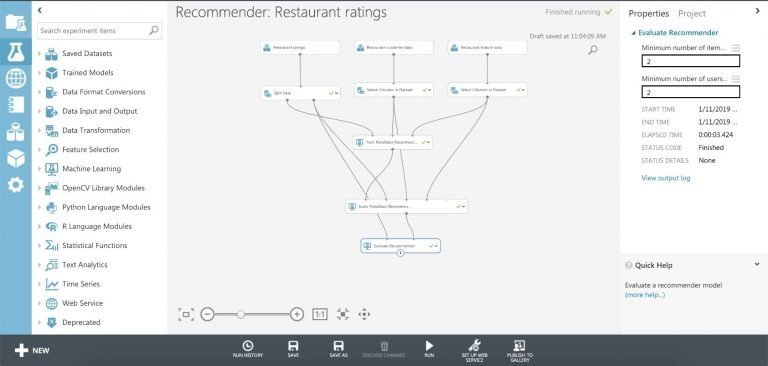Designing and Implementing a Data Science Solution on Azure DP-100

The DP-100 Designing and Implementing a Data Science Solution on Azure Course is a training program that focuses on acquiring the skills needed to design, develop, and implement data science solutions on Microsoft Azure. Participants will learn how to use the tools and services offered by the Azure platform to manage, analyze, and gain insights from large amounts of data. In the course, participants will be introduced to a variety of cloud services and technologies, including Azure Machine Learning, Azure Databricks, and Azure Synapse Analytics. They will learn how to create machine learning models using the Python programming language and use data science libraries such as scikit-learn, TensorFlow, and PyTorch. Additionally, participants will gain skills in creating and managing data science pipelines, tuning and monitoring models, and integrating solutions with other Azure applications and services. The course is structured to include both theoretical and practical lectures, allowing participants to apply the knowledge learned through exercises, projects, and case studies. This combined approach ensures that participants have a solid understanding of theoretical concepts and are able to apply the acquired skills in practice. The course contributes to the preparation of the Azure Data Scientist Associate Certification exam .
Course Objectives
Below is a summary of the main objectives of the Designing and Implementing a Data Science Solution on Azure DP-100 Course :
- Use Azure Machine Learning and Azure Databricks.
- Building Machine Learning Models with Python.
- Manage data science pipelines.
- Optimize and monitor data science models.
- Integrate data science solutions with other Azure applications and services.
- Implement data preparation and feature engineering techniques.
- Deploy machine learning models to production environments.
- Use Azure Data Factory for data ingestion and preparation.
Course Certification
This course helps you prepare to take the:
DP-100 Azure Data Scientist Associate Exam ;
Course Outline
Design a machine learning solution
- Determine the appropriate compute specifications for a training workload
- Describe model deployment requirements
- Select which development approach to use to build or train a model
Manage an Azure Machine Learning workspace
- Create an Azure Machine Learning workspace
- Manage a workspace by using developer tools for workspace interaction
- Set up Git integration for source control
- Create and manage registries
Manage data in an Azure Machine Learning workspace
- Select Azure Storage resources
- Register and maintain datastores
- Create and manage data assets
Manage compute for experiments in Azure Machine Learning
- Create compute targets for experiments and training
- Select an environment for a machine learning use case
- Configure attached compute resources, including Apache Spark pools
- Monitor compute utilization
Explore data by using data assets and data stores
- Access and wrangle data during interactive development
- Wrangle interactive data with Apache Spark
Create models by using the Azure Machine Learning designer
- Create a training pipeline
- Consume data assets from the designer
- Use custom code components in designer
- Evaluate the model, including responsible AI guidelines
Use automated machine learning to explore optimal models
- Use automated machine learning for tabular data
- Use automated machine learning for computer vision
- Use automated machine learning for natural language processing
- Select and understand training options, including preprocessing and algorithms
- Evaluate an automated machine learning run, including responsible AI guidelines
Use notebooks for custom model training
- Develop code by using a compute instance
- Track model training by using MLflow
- Evaluate a model
- Train a model by using Python SDKv2
- Use the terminal to configure a compute instance
Tune hyperparameters with Azure Machine Learning
- Select a sampling method
- Define the search space
- Define the primary metric
- Define early termination options
Run model training scripts
- Configure job run settings for a script
- Configure compute for a job run
- Consume data from a data asset in a job
- Run a script as a job by using Azure Machine Learning
- Use MLflow to log metrics from a job run
- Use logs to troubleshoot job run errors
- Configure an environment for a job run
- Define parameters for a job
Implement training pipelines
- Create a pipeline
- Pass data between steps in a pipeline
- Run and schedule a pipeline
- Monitor pipeline runs
- Create custom components
- Use component-based pipelines
Manage models in Azure Machine Learning
- Describe MLflow model output
- Identify an appropriate framework to package a model
- Assess a model by using responsible AI guidelines
Deploy a model
- Configure settings for online deployment
- Configure compute for a batch deployment
- Deploy a model to an online endpoint
- Deploy a model to a batch endpoint
- Test an online deployed service
- Invoke the batch endpoint to start a batch scoring job
Apply machine learning operations (MLOps) practices
- Trigger an Azure Machine Learning job, including from Azure DevOps or GitHub
- Automate model retraining based on new data additions or data changes
- Define event-based retraining triggers
Course Mode
Instructor-Led Remote Live Classroom Training;
Trainers
Trainers are authorized Instructors in Microsoft and certified in other IT technologies, with years of hands-on experience in the industry and in Training.
Lab Topology
For all types of delivery, the participant can access the equipment and actual systems in our laboratories or directly in international data centers remotely, 24/7. Each participant has access to implement various configurations, Thus immediately applying the theory learned. Below are some scenarios drawn from laboratory activities.

Course Details
Course Prerequisites
Participants will need to have a basic understanding of Machine Learning theories through one of the following frameworks: Scikit-Learn, PyTorch, or TensorFlow, and basic Python programming.
Course Duration
Intensive duration 3 days;
Course Frequency
Course Duration: 3 days (9.00 to 17.00) - Ask for other types of attendance.
Course Date
- Designing and Implementing a Data Science Solution on Azure Course (Intensive Formula) – On request – 09:00 – 17:00
Steps to Enroll
Registration takes place by asking to be contacted from the following link, or by contacting the office at the international number +355 45 301 313 or by sending a request to the email info@hadartraining.com


